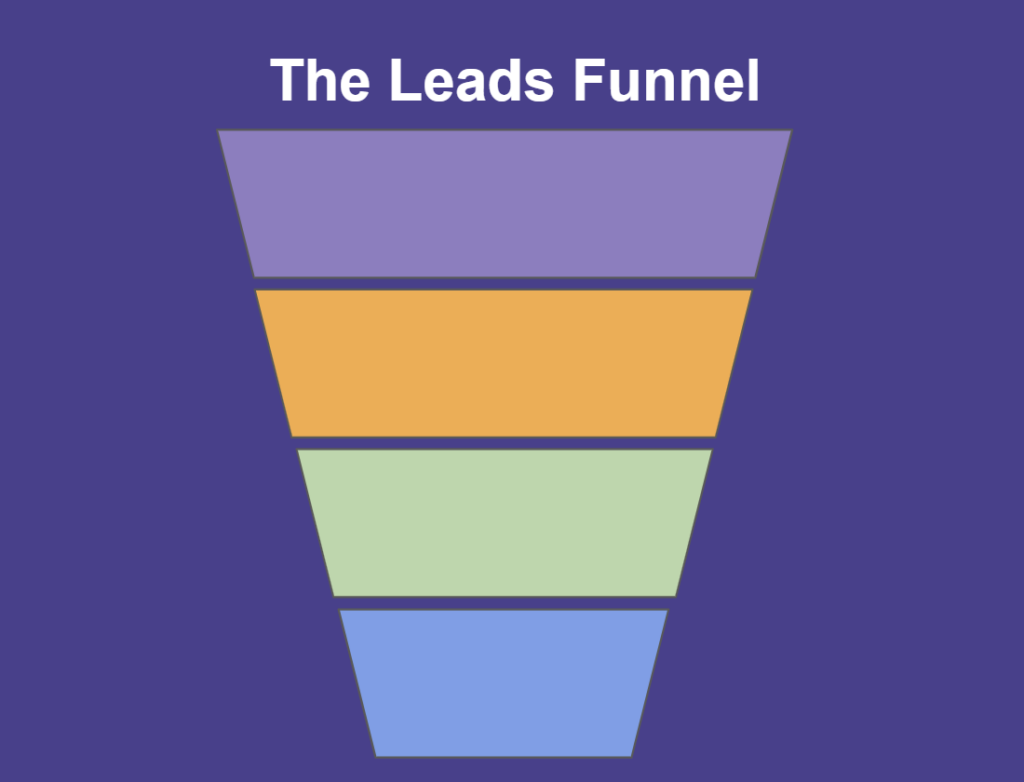


Why is it important to build trust during a sale cycle?
79% of buyers prioritize trust in a sales relationship as a key factor (2019 Salesforce State of Sales study).
Customers always appreciate a process where the focus is on the goals they are trying to achieve, not on the actual product being bought or sold.
And, regardless of who you are, you are always selling to grow your business. So whether you are a consultant or a coach, your buyer is evaluating both you and your “sales pitch” as they decide to engage.
 Only 3% of buyers trust their sales reps! (Hubspot sales statistics for 2020). So it is obvious that most of us today need to do much better at building trust during our sales cycles.
Only 3% of buyers trust their sales reps! (Hubspot sales statistics for 2020). So it is obvious that most of us today need to do much better at building trust during our sales cycles.
Given that it is so important, our goal should be to build a position of trust in our buyers’ minds. If we establish a trusted advisor position, then clients will look to us for guidance as well. And will likely prefer to buy from us rather than the competition – all else being reasonably similar of course.
Here are some strategies to help build trust in your sales cycles with your prospects:
Sharing benchmarks on how your customer’s peers are doing on various dimensions of the problem, and empathizing with your prospect’s problems is a great way to break the ice and instill confidence. It also shows that you know the space, the problems, and the solutions that might work the best. When you use an interactive assessment such as Evalinator, you get can easily offer personalized benchmarks to your customers.
This starts building the foundations of trust in the sales cycle. The earlier you do this, the better. Sharing survey results, 3rd party analyst reports, independent research, or benchmarks from your interactive assessment can be a great way to do that so long as you personalize those results and make them relevant. Be careful that you don’t appear pedantic or make too many assumptions for your customers though.
Too often, customers have a sense of where they are and what they want to do. But they are not always very clear about the issues. In these cases, they appreciate a diagnostic tool from you to help them define that need, understand where they lack the most, and quantify where they are doing well.
As a coach or consultant, you should probably start with a simple diagnostic. Whether it’s free or paid doesn’t matter. Starting with a diagnostic shows that you bring a structured approach to the table. And your customers will appreciate that during a sales cycle. It anchors the discovery process and build trust. For example, coaches may start with a “Wheel of Life”, and consultants may start with a “maturity assessment”. You can sample a few assessments here, and you can even sign up for free to create one for yourself!
 A diagnostic performed with an interactive assessment is a great way to get prospects and customers to open up about their problems and vision. Perhaps some of the items didn’t make sense, or perhaps they simply hadn’t thought about them.
A diagnostic performed with an interactive assessment is a great way to get prospects and customers to open up about their problems and vision. Perhaps some of the items didn’t make sense, or perhaps they simply hadn’t thought about them.
When you have the results of the diagnostic in hand, you can then share with clients additional benchmarks about how others in their position are tackling those challenges. It also helps you work with your clients to set a vision for where they want to go.
A few concrete goals at this point are possible to set even if they have not decided to buy from you. Doing so establishes you as an advisor, who they can start to trust during this intimate sales process. The sales process does not actually look like sales anymore, because they start seeing you as an advisor, and someone they trust. See this blog post on how goal setting works with an interactive assessment you create on Evalinator.
This phase of the sales cycle is called nurturing your prospect. You build trust by helping them with advice, tips and tactics. This advice can easily be personalized if you are using an interactive assessment. You partner with them on this discovery journey so they can define what they need clearly.
But it is also easy to lose focus at this time. So you need to balance being an advisor and someone who does need to get paid. More often than not, if your customers have budget and the need is qualified, they will sign with you if everything else checks out (credentials, capability, price etc.).
It’s also human nature to return the favor. So if you help them, your customers will empathize with you and go out of their way to help you. (within reasonable means of course). Price becomes less important at this time because its easy to manage those expectations with additional value that you are providing. In addition, by engaging with customers, you have built up a barrier to entry for your competitors because you have the context that they don’t.
Building trust needs work but it is easily done if you have the right tools. Being genuine is important so there is no shortcut other than believing in your product or service, and caring about your customers.
In most cases the product itself is not different or unique enough. But you – YOU – can be the difference. The trust and relationships you build will be the reason the customer will buy from you.
Try Evalinator for free to determine if it can help you build trust in your sales cycle.
But wait. We don’t want to sell you on something just like that. Before you subscribe, check to see if Evalinator is right for you. That way you will know if using Evalinator will work for you.
We’ll see you around!

Feeling frustrated with lead generation?
Take this free, 5-minute quiz and get more prospects into your leads funnel.
Instant Results. Actionable recommendations. Email required.
Find Your Score >>